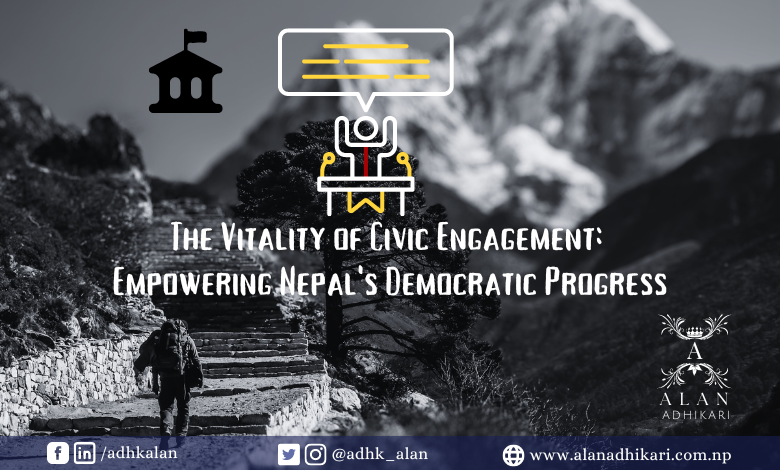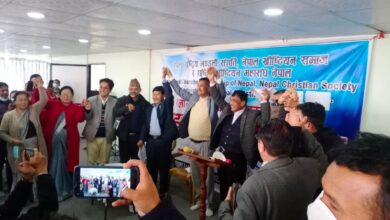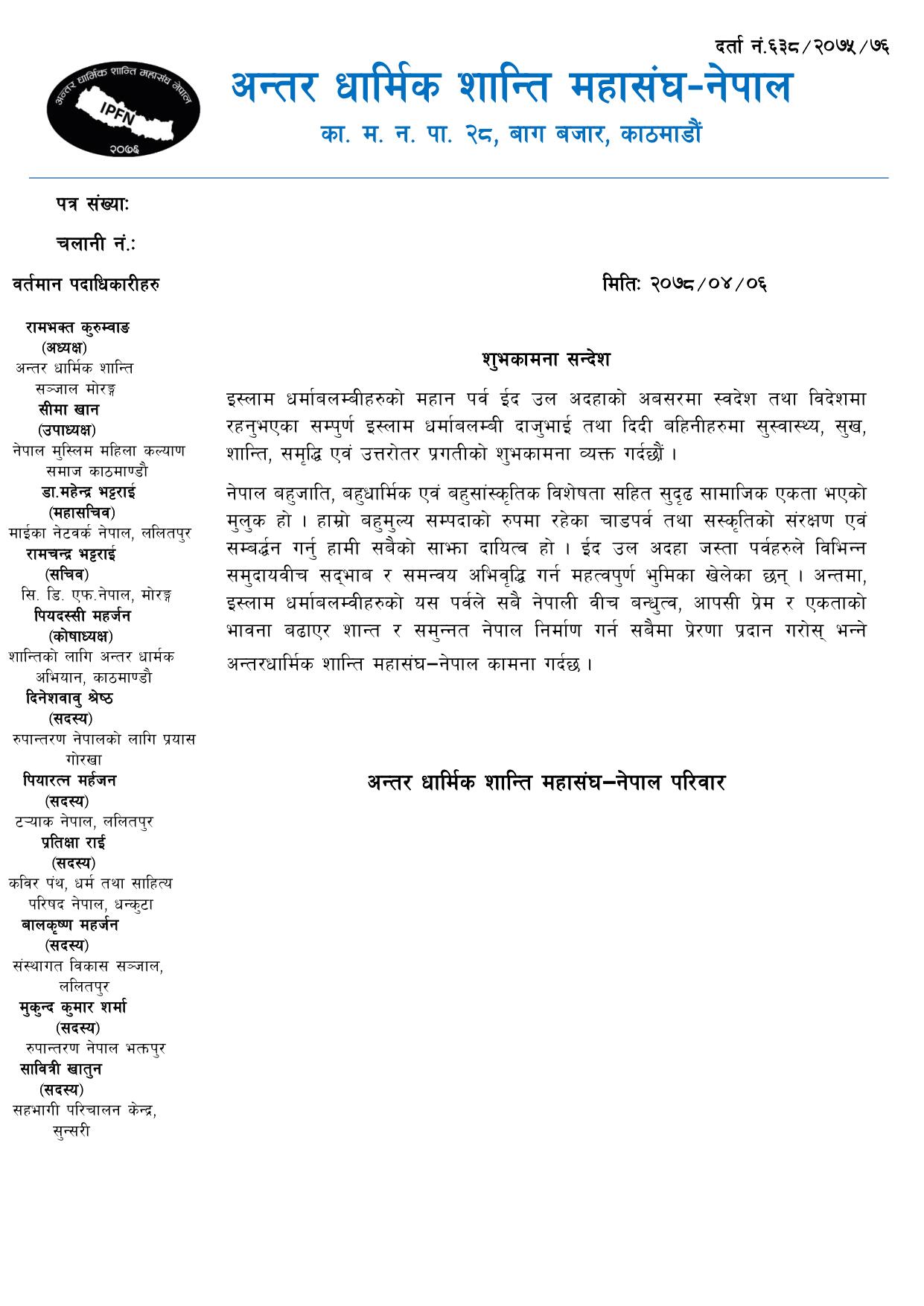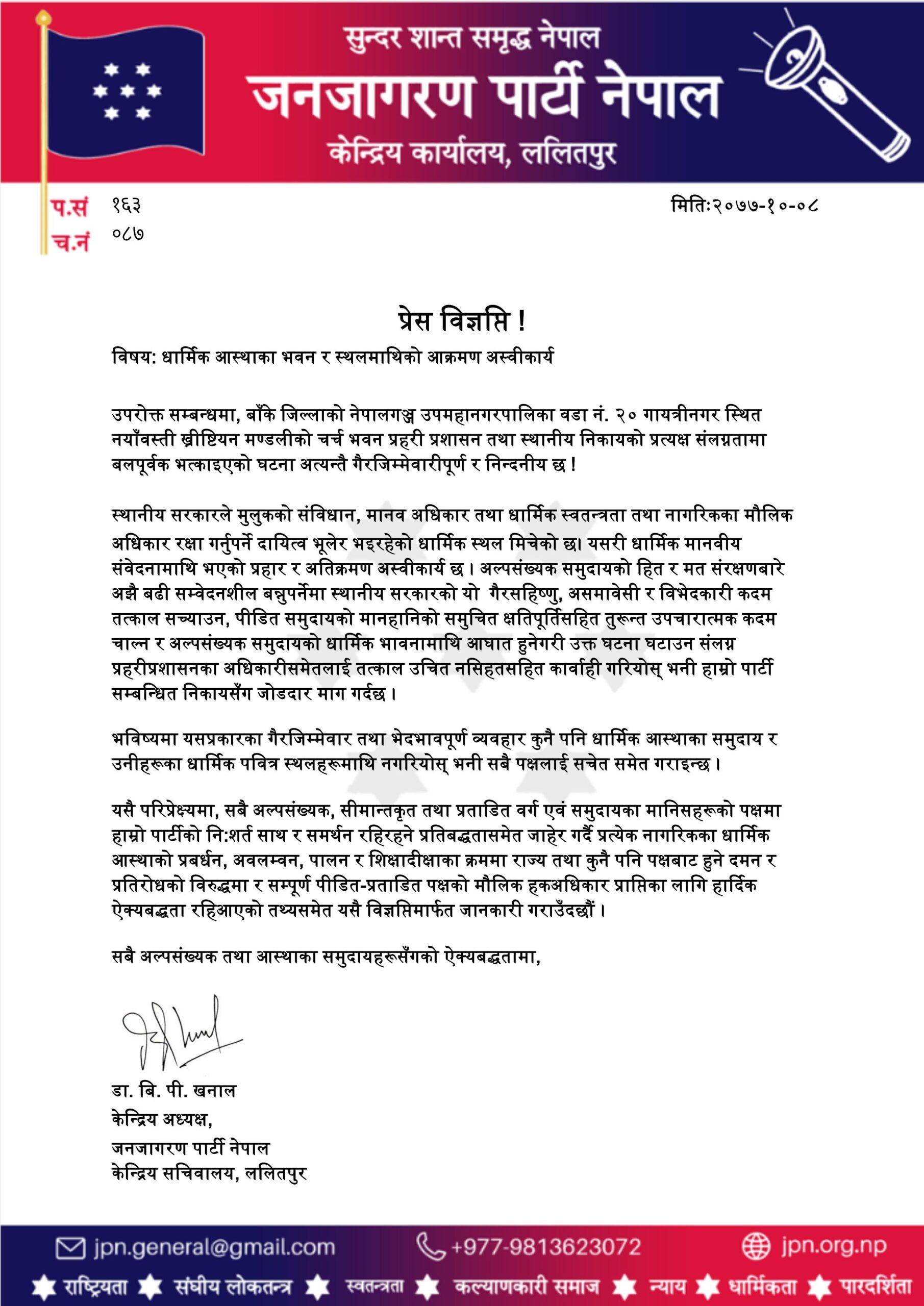The Vitality of Civic Engagement
Empowering Nepal's Democratic Progress

Civic engagement in Nepal is essential for a thriving democracy, as it ensures government accountability, promotes social justice, and empowers citizens to actively shape their nation. By actively participating in decision-making processes, citizens foster a sense of ownership and responsibility, contributing to inclusive governance and community development. Encouraging civic engagement among the youth cultivates active citizenship and democratic values, securing a brighter future for Nepal.
Civic engagement serves as a cornerstone for vibrant democracies, facilitating citizen participation in decision-making processes, shaping public policies, and fostering social cohesion. In the context of Nepal, a nation that has experienced significant political transformations in recent years, the importance of civic engagement cannot be overstated. This article aims to delve deeper into the multifaceted significance of civic engagement in Nepal, highlighting its role in strengthening democracy, promoting social justice, and empowering citizens to actively shape the nation’s future.
Strengthening Democracy:
Civic engagement plays a pivotal role in the consolidation and advancement of Nepal’s democratic system. Active citizen involvement in political processes, such as voting in elections, participating in public consultations, and engaging with elected representatives, ensures that the government remains accountable and responsive to the needs of the people. When citizens exercise their right to vote and participate in the democratic process, they contribute to shaping the political landscape and ensuring that policies reflect the true will of the people. By voicing their concerns and aspirations, citizens actively participate in decision-making, strengthening the legitimacy of democratic institutions and fostering a sense of ownership over the governance of their nation.
Promoting Social Justice:
Civic engagement is a powerful tool for promoting social justice and inclusivity in Nepal. Through grassroots movements, advocacy groups, and civil society organizations, citizens can address social inequalities, discrimination, and marginalization. By actively engaging with issues such as gender equality, caste-based discrimination, access to education and healthcare, and environmental protection, citizens can drive positive change and influence policies that address systemic injustices. Civic engagement empowers individuals and communities to come together, challenge oppressive systems, and demand equality and fairness for all. It serves as a catalyst for social transformation and the creation of a more just society.
Empowering Citizens:
Civic engagement empowers individuals, allowing them to become active participants in shaping their communities and nation. When citizens are encouraged to voice their opinions, contribute ideas, and actively participate in decision-making processes, they develop a sense of ownership and responsibility towards their country. Civic engagement provides a platform for citizens to engage with government officials, express their concerns, propose solutions, and hold those in power accountable. By actively participating in civic life, citizens gain the confidence and skills necessary to influence public policies and effect meaningful change. This empowerment can lead to increased civic awareness, improved social cohesion, and a stronger sense of national identity.
Strengthening Local Governance:
At the local level, civic engagement is essential for effective governance and community development. Through mechanisms such as citizen forums, public hearings, and participatory budgeting, citizens can directly engage with local authorities, influence resource allocation, and ensure that community needs are prioritized. Local governance thrives when citizens actively participate in decision-making processes, as it promotes transparency, accountability, and responsiveness. By fostering collaboration between citizens and local officials, civic engagement strengthens the relationship between communities and their governing bodies, creating a more inclusive and participatory governance framework.
Nurturing Active Citizenship:
Promoting civic engagement from an early age nurtures active citizenship and democratic values among Nepal’s youth. By incorporating civic education in schools and providing platforms for youth participation, the country can foster a new generation of informed and engaged citizens. Civic education equips young people with the knowledge of their rights and responsibilities, an understanding of democratic processes, and the skills necessary to participate effectively in their communities. When youth are encouraged to voice their opinions, contribute to decision-making, and tackle social issues, they develop a sense of agency and become agents of positive change. This not only ensures the long-term sustainability of Nepal’s democracy but also encourages innovative thinking, critical analysis, and a commitment to the common good.
Civic engagement stands as a vital component of Nepal’s democratic fabric, facilitating citizen participation, promoting social justice, and empowering individuals to actively shape their nation’s future. By recognizing the importance of civic engagement, Nepal can foster a society where citizens are active stakeholders in governance, creating an environment of transparency, accountability, and inclusivity. It is through the collective efforts of engaged citizens that Nepal can continue its journey towards a prosperous and equitable future. By promoting civic engagement, Nepal can unleash the transformative power of its people, harness their diverse perspectives, and create a democratic system that truly reflects the aspirations and needs of its citizens.



“Civic engagement is a powerful tool for promoting social justice and inclusivity in Nepal. Through grassroots movements, advocacy groups, and civil society organizations, citizens can address social inequalities, discrimination, and marginalization.” Excellently observed!